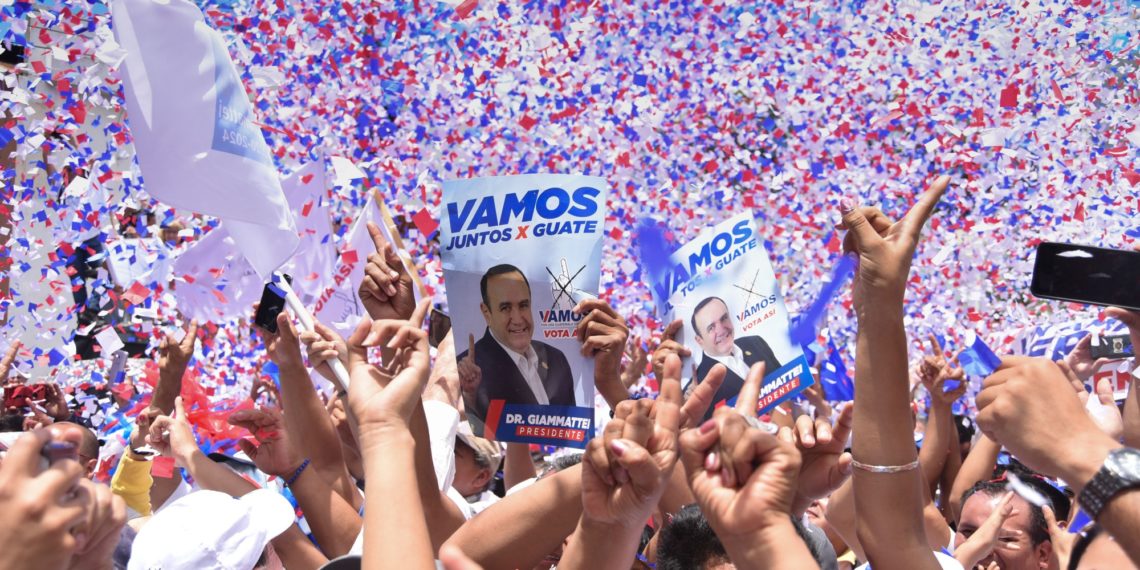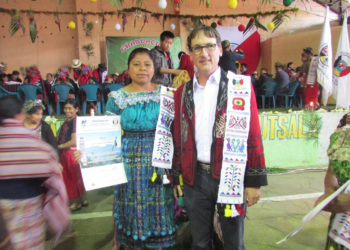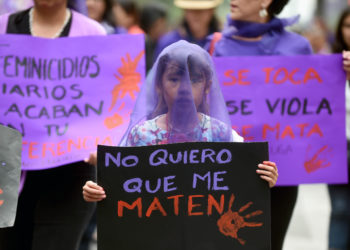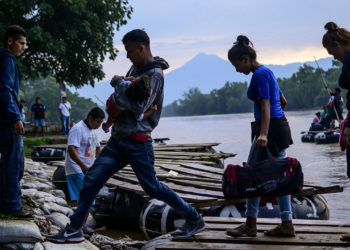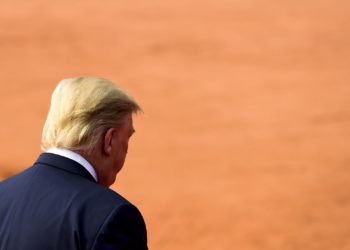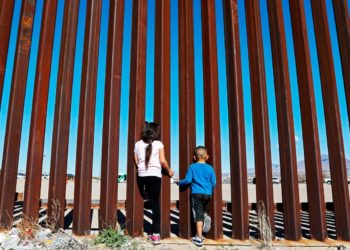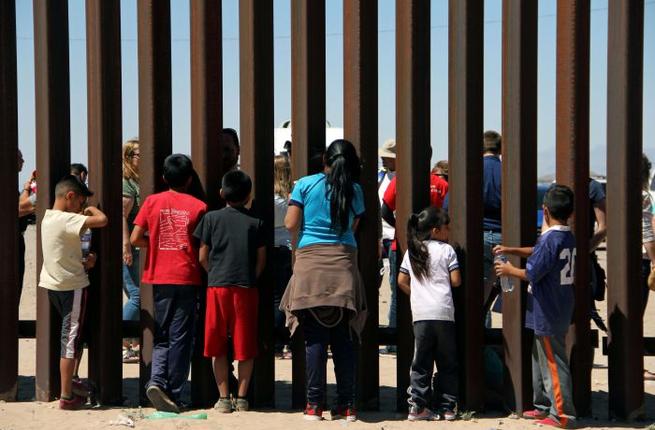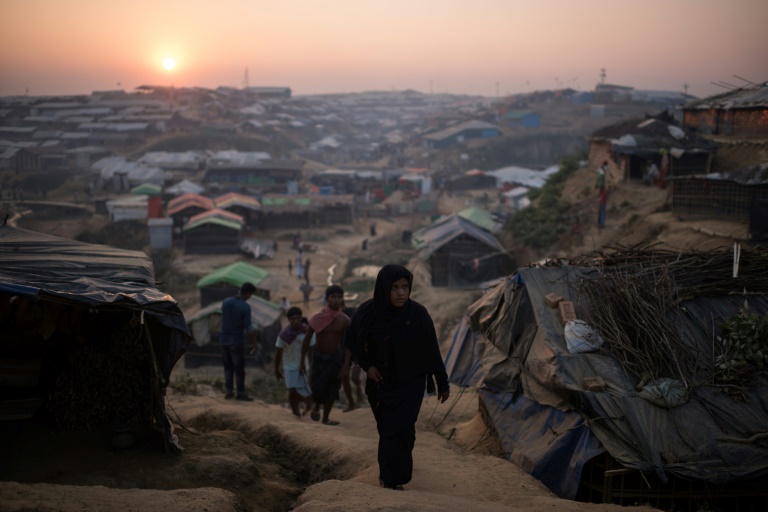After winning Guatemala’s election with nearly 60 percent of the vote earlier this month, the evidence seems to indicate that Alejandro Giammattei’s presidency will be much like that of his predecessor.
Four years ago, Guatemalans were riding high. After months of public mobilization and the efforts of national and international prosecutors, the country’s vice president and president resigned and were taken into custody on corruption charges.
The resignations and arrests were a stunning rebuke to the political class, which had used the government to enrich themselves and protect their wealth. It was also a victory for the international community, which had supported the International Commission Against Impunity in Guatemala (CICIG).
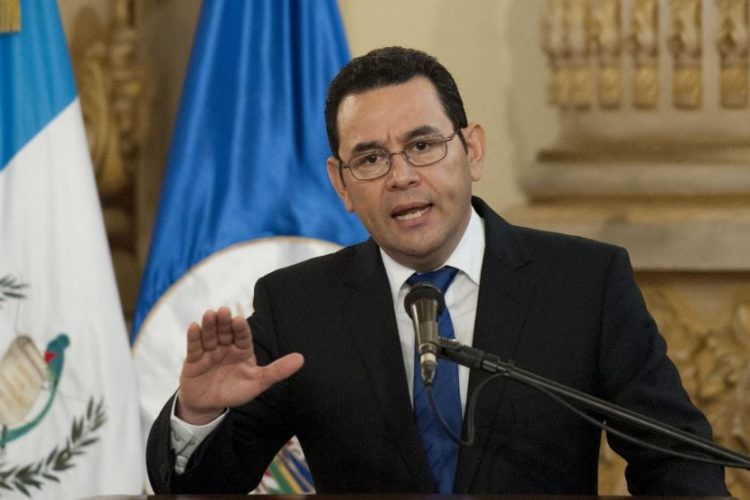
With “Neither corrupt, nor a thief” as his campaign slogan, Jimmy Morales was soon thereafter elected president. Unfortunately, the hope that led many Guatemalans to vote for him was no match for the dark alliance that supported Morales as president as he has spent the last four years dismantling those national and international institutions that had been so important to tackling the country’s most pressing challenges.
The muted optimism that accompanied Morales’ victory is absent from Giammattei’s election. After the courts disqualified the two leading candidates prior to the first round, Guatemalans did not have much of an appetite for either finalist.
Approximately 40 percent of those registered to vote did so on August 11, many of whom simply voted against former first lady Sandra Torres. She consistently had some of the highest unfavorable ratings of all the country’s politicians.
Giammattei’s Election
With Giammattei’s election, governability is a real concern. He will likely have difficulties advancing his agenda. He is a political newcomer, never having occupied an elective office. His political party will hold few seats (10 percent) in the next congress.
During his four campaigns for the presidency, Giammattei surrounded himself with people linked to corruption, drug trafficking, and organized crime. Like Morales, there is a good chance that Giammattei will be more interested in protecting his friends and allies from criminal prosecution than he will be in strengthening the rule of law.
While Morales headed a political party with no interest in supporting CICIG’s work, his attacks against CICIG and the rule of law escalated when he and his family members came under investigation. Given that CICIG had helped imprison Giammattei in 2010 on accusations that he had orchestrated the execution of prisoners when he was head of the country’s prison system, it is no surprise that Giammattei does not support renewing CICIG’s mandate.
Instead, he wants to implement his version of Mano Dura – increase the number of soldiers patrolling the streets and reinstate the death penalty. However, there is scant evidence that these policies will improve security. It would have been more effective had he extended CICIG’s mandate. Over 70 percent of Guatemalans polled support CICIG’s work and a 2018 report by the International Crisis Group found that CICIG had contributed rather significantly to the country’s decrease in homicides.
Giammattei will also have to contend with how weak the state has become in the last four years. Morales disobeyed Constitutional Court’s rulings, oversaw a remilitarization of the police and the replacement of its professionals, and undermined the free press and access to information. In another concerning move, the attorney general does not appear to have any interest in taking advantage of the expertise of those Guatemalans who had worked with CICIG for the last several years.
Migration from Guatemala
Before Donald J. Trump’s election, the United States had been relatively supportive of promoting the rule of law, democratic governance, and economic development in Guatemala. The U.S. supported these initiatives because they were perceived to be good for the United States and Guatemala. Promoting inclusive economic growth and democratic governance was also meant to reduce Guatemalan migration to the United States.
To my frustration, however, the U.S. government was not always consistent or as strong as it could have been because it might have feared that pushing too hard would jeopardize Guatemalan and regional stability. Ever since Otto Perez Molina’s resignation as president in 2015, Guatemala’s ruling class has lobbied the U.S. Congress and administration officials to withdraw its support for CICIG.
Elites believed that CICIG’s collaboration with the attorney general’s office was threatening their historic control over the country’s political and economic system through their corruption investigations and strengthening of impartial judicial institutions. They have successfully convinced the Trump administration and certain members of Congress, such as Marco Rubio, that CICIG is an unwarranted violator of Guatemala’s sovereignty.
I support the idea behind #Cicig but new signs here of how it is being manipulated & used by radical elements on the left & even #Putin. Read this piece: Kremlin Revenge in #Guatemala https://t.co/XoGA4tbtGQ
— Marco Rubio (@marcorubio) March 26, 2018
The United States Embassy in Guatemala has remained relatively silent in the face of continued attacks against the rule of law and CICIG. They seem to have embraced allegedly corrupt politicians from the pacto de corruptos much more than they should have. As witnessed by the recent congressional delegation visit to Guatemala, important members of Congress still support economic and political development in Guatemala, as well as robust support for CICIG. However, they do not have the same weight when the president and his team have the opposite perspective.
Safe Third Country Agreement
Giammattei has criticized that manner in which the Morales administration has negotiated the third country agreement with the United States and has stated that he hopes to modify the safe third country agreement.
Although Giammattei has not been clear about which aspects of the agreement he hopes to modify or how he intends to do so when his inauguration is not until January 2020, he seems to be aligned with those who believe the consequences of rejecting a safe third country deal with the United States would be worse than accepting it. And there is the fact that the Constitutional Court does not accept the manner in which the agreement has taken place, arguing that the president does not have the authority to enter into the agreement without congressional approval.
Giammattei’s election means that Guatemala’s best hope for tackling insecurity, poverty and inequality, corruption, and authoritarianism might have passed with Morales’ 2015 election and Trump’s 2016 election.
Disclaimer: The views and opinions expressed here are those of the author and do not necessarily reflect the editorial position of The Globe Post.

